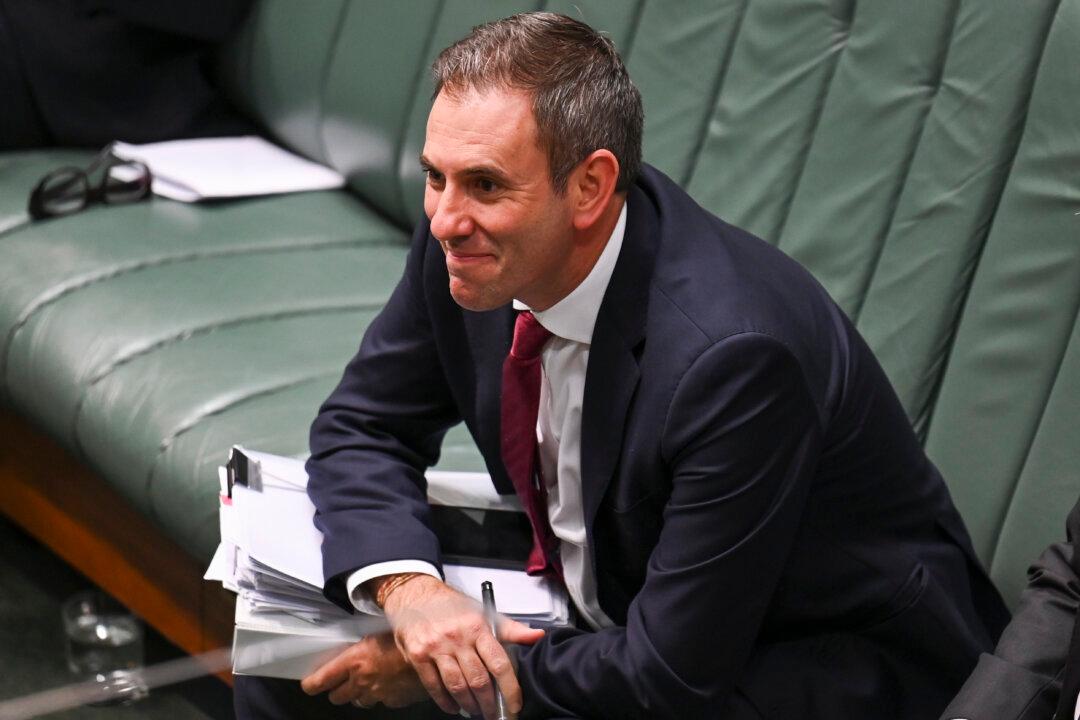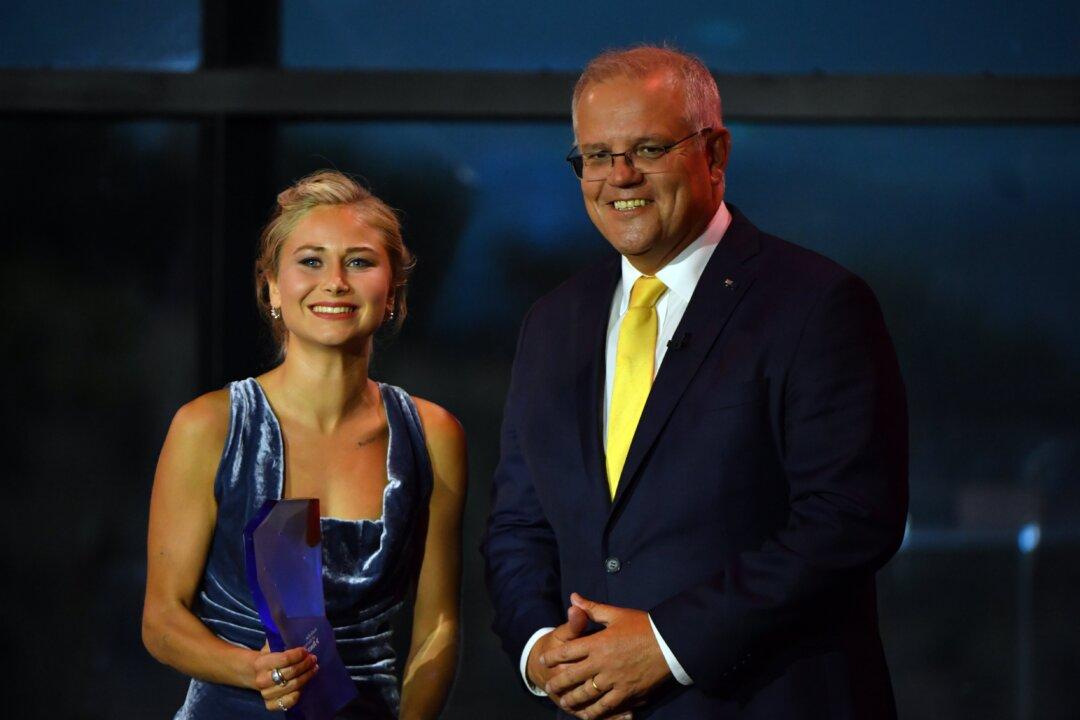Australian Treasurer Jim Chalmers has introduced the government’s $22.7 billion (US$15.1 billion) Future Made in Australia bill to parliament.
The bill, if successful, aims to make Australia a leader in the global renewable energy sector as the nation looks to achieve net zero emissions by 2050.





